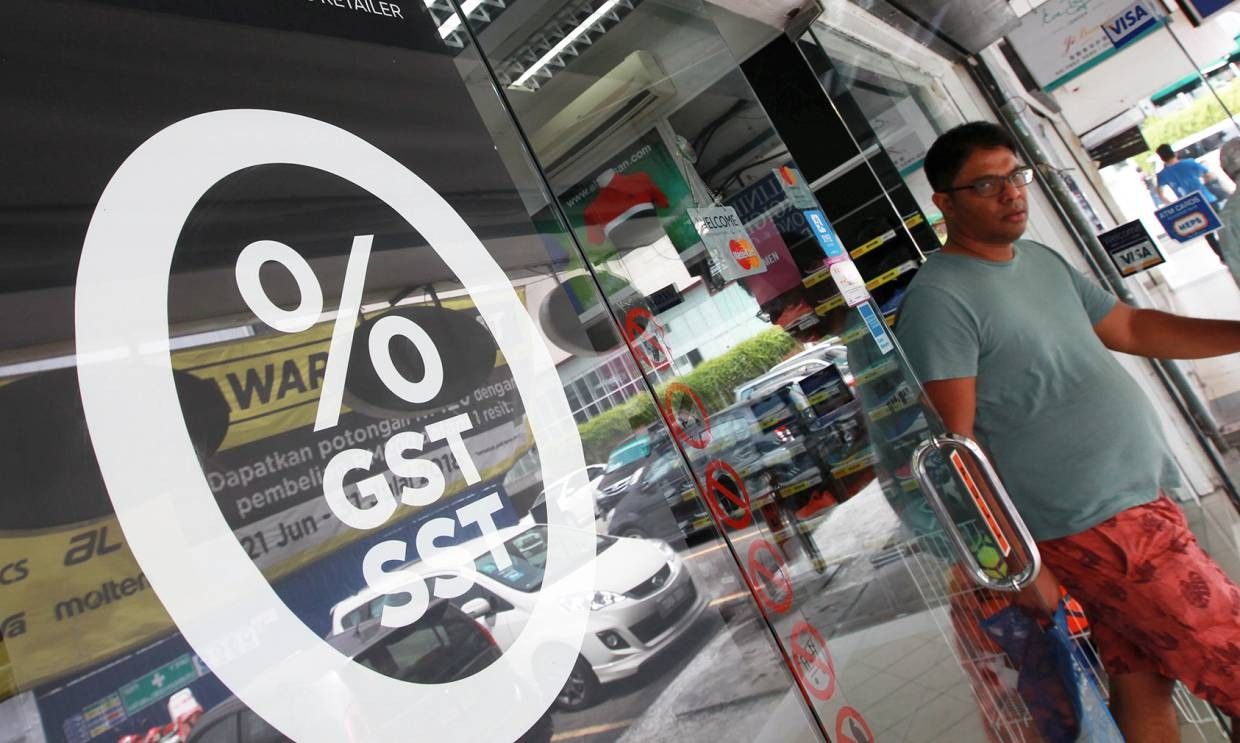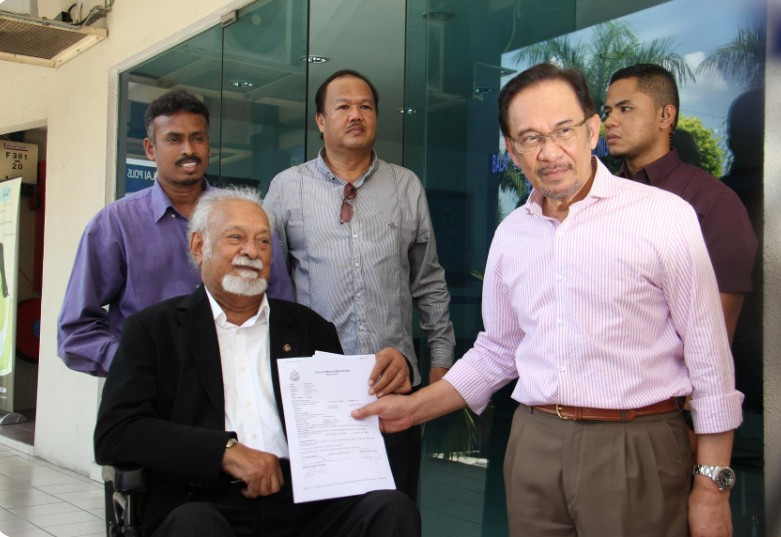AS the scheduled increase of Malaysia’s Sales and Service Tax (SST) from 6% to 8% looms closer, dissent against the move has reached a fever pitch within various sectors of society.
Just days before the planned hike, voices advocating for alternative taxation strategies have gained traction, with economists and trade groups offering differing proposals to address concerns over economic pressure and consumer sentiment.
Economist Barjoyai Bardai from Universiti Tun Abdul Razak has urged the government to postpone the impending 2% increase in the SST rate, citing the potential to alleviate economic strain and bolster consumer confidence.
“The government will have to postpone the implementation of the 2% increase in the SST. In the meantime, we could work on ways to reduce the cost of living,” Free Malaysia Today quoted him as saying.
Bardai noted the pivotal role of consumer spending in driving gross domestic product (GDP) growth, cautioning that a hike in SST could dampen consumer confidence and adversely affect the broader economic outlook.
He also underscored the psychological impact of the increase, emphasising its disproportionate influence on consumer behaviour compared to its modest revenue generation of RM2 bil to RM3 bil for the government.
“Therefore dampening consumer confidence (by raising the SST rate) can have an adverse impact on the broader economic outlook,” he added.
“However, it will have a big psychological effect on the economy. It is the effect it will have on consumer behaviour that we really have to worry about.”
Moreover, the Malaysian Association of Hotels (MAH) has sounded alarm bells over the anticipated repercussions of the SST rate hike particularly within the hotel sector.
MAH president Christina Toh expressed concerns over the ripple effect of increased costs throughout the supply chain, warning of potential price hikes across various hotel categories and geographical locations.
“In every purchase we now make, there is an additional 2% (in cost). Naturally, this will lead to some price increases.”
However, Toh pointed out the varying impact on hotels depending on factors such as star rating and regional location, stressing the added strain amid global inflation and unfavourable economic conditions.
“The impact will be different for hotels in Sabah and Sarawak compared with those in the peninsula. Coupled with global inflation and the unfavourable economic situation, there will definitely be an impact on consumer spending. There is no doubt about it.”
Meanwhile, SME Association of Malaysia has advocated for the reinstatement of the Goods and Services Tax (GST) as a preferable alternative to the SST regime.
SME Association of Malaysia secretary-general Chin Chee Seong argued that the GST offers a broader tax base, ensuring revenue collection from all consumers compared to the selective nature of SST taxation.
“The GST is undoubtedly a more superior tax than the SST. It would serve as a more significant source of revenue for the government as it requires payment from all consumers.”
Chin contended that the GST could provide a more substantial source of government revenue, potentially enabling increased support for small and medium-sized enterprises (SMEs) and other sectors.
“This broader tax base brings more benefits for the government and, indirectly, for us too. With increased revenue, the government can provide more substantial support, particularly to SMEs,” he further added.
Furthermore, Chin said that given the broader adoption of the GST in many countries it remains unclear why Malaysia prefers the SST.
“This gives the impression that the government is more concerned about its political priorities than helping the people.”
Last October, Prime Minister Datuk Seri Anwar Ibrahim announced a decision to raise the SST rate projecting that the generated revenue would represent 11.8% of the GDP. This figure places Malaysia’s SST revenue as one of the lowest among ASEAN countries.
In contrast, Singapore’s GST revenue constitutes 12.6% of its GDP, while Thailand’s stands at 16.4%. – Feb 28, 2024
Main photo credit: Majoriti









